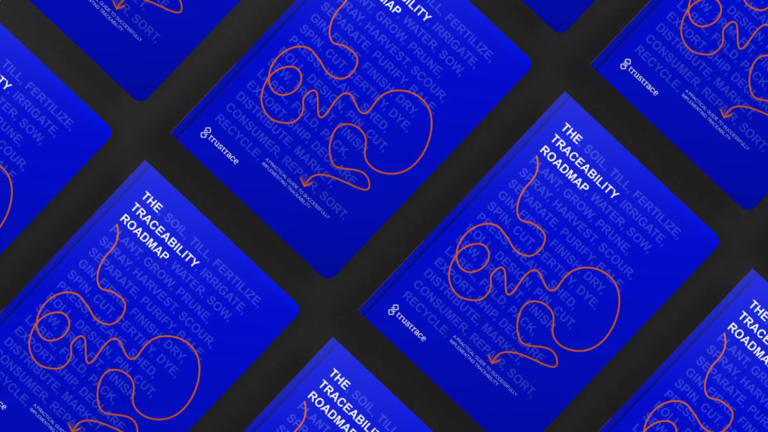How Personal Wealth Shapes Political Lives: Unveiling the Power Dynamics
Personal wealth shapes political lives by influencing the perspectives, choices, and actions of individuals in positions of power. As research suggests, wealth not only provides opportunities and resources to shape political landscapes but also affects how the wealthy perceive, reason, and make decisions compared to those with less financial means.
Income and political attitudes are strongly correlated, with the rich exhibiting different attitudes and behaviors than the less affluent. This correlation indicates that personal wealth plays a significant role in shaping political preferences and actions. Additionally, in a democratic system, the influence of money in politics is a concern, as the wealthy can dominate parliaments, fund political parties, and control media outlets.
Understanding the relationship between personal wealth and political lives is crucial for comprehending the dynamics and impacts of wealth inequality in society.

Credit: www.amazon.com
The Influence Of Personal Wealth On Political Lives
The Influence of Personal Wealth on Political Lives
Personal wealth plays a significant role in shaping political lives by influencing perceptions, decision-making, attitudes, participation, policy preferences, and the concentration of power and inequality. Understanding how personal wealth impacts political lives is crucial in examining the dynamics of democracy and representation. Here we explore the various aspects of how personal wealth influences political lives and the subsequent implications.
Perceptions And Decision-making
The perceptions and decision-making of individuals are often shaped by their personal wealth. Wealthy individuals may have different perspectives on societal issues and their implications. Their access to resources and networks can influence the decisions they make, both individually and collectively, within the political arena. This could lead to a varying understanding of and response to political challenges and opportunities.
Political Attitudes And Beliefs
The political attitudes and beliefs of wealthy individuals can be distinct from those of the general population. Their financial standing and associated privileges may lead to differing views on policy issues, governance, and the role of government in society. These attitudes and beliefs can significantly impact their engagement in political discourse and the advocacy of specific agendas.
Participation And Engagement
Personal wealth can influence the level and manner of participation and engagement in political processes. Wealthy individuals may have greater access to political platforms, funding for campaigns, and the capacity to shape public discourse. This can potentially result in disparities in representation and the influence of certain groups over others.
Policy Preferences Of The Wealthy
The policy preferences of the wealthy can carry substantial weight in shaping legislative agendas and priorities. Their influence on decision-makers and the ability to finance political campaigns can impact the implementation of policies that align with their interests. Consequently, the policy landscape may favor specific economic or social outcomes reflective of the preferences of wealthier individuals.
Concentration Of Power And Inequality
The concentration of power and inequality within political systems can be attributed to personal wealth. This dynamic can limit the inclusivity of political representation and contribute to disparities in resource allocation and access to opportunities. As a result, the influence of personal wealth can perpetuate or challenge existing power structures and inequalities in society.

Credit: foreignpolicy.com

Credit: www.politico.com
Conclusion
In understanding political lives, personal wealth plays a significant role, shaping attitudes, beliefs, and actions. This symbiotic relationship between wealth and politics is a complex and dynamic one, impacting society and policy. As individuals navigate political landscapes, the influence of personal wealth cannot be underestimated, posing implications for democracy and equality.





